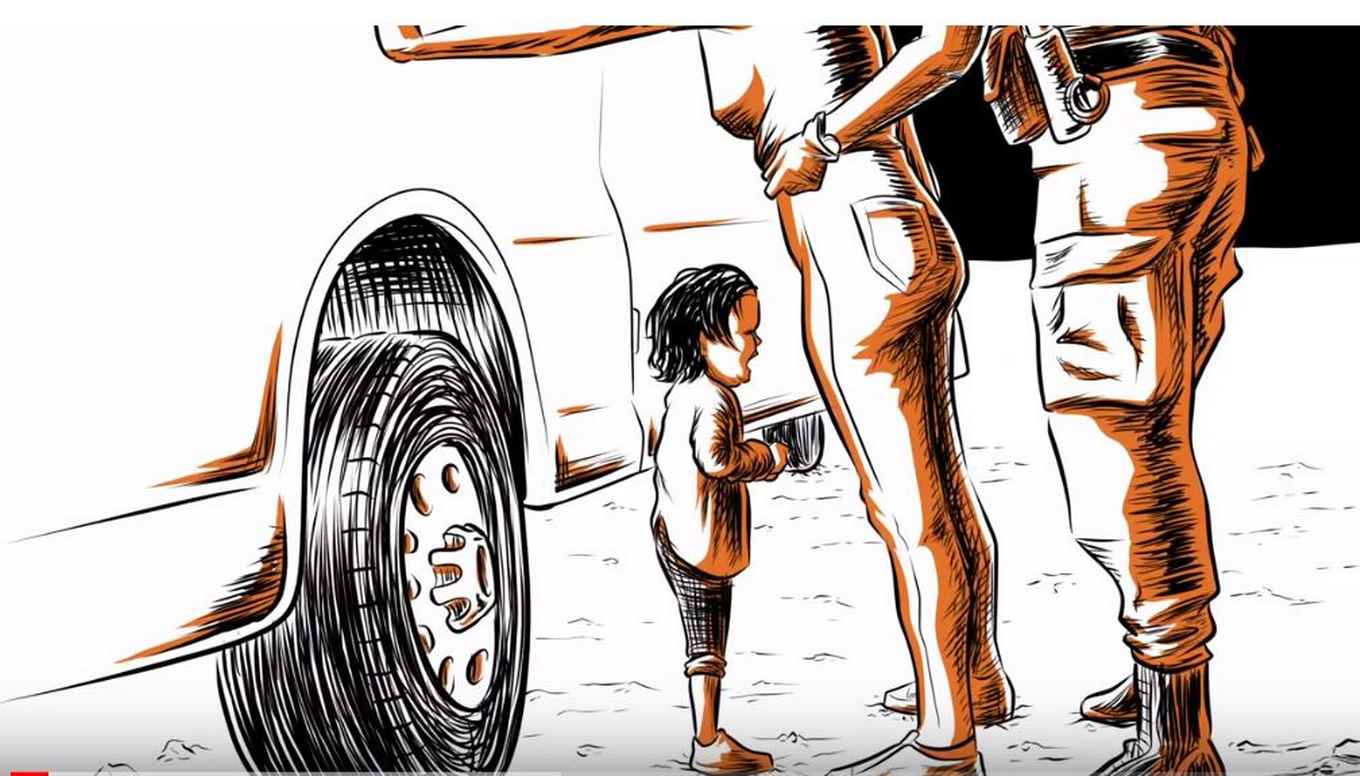The hard facts behind deportation regimes
10 July 2019

Watch the animation
Why do we tolerate the inhumane deportation regimes? The answer is ungrounded fear of foreigners, of economic consequences and of crime. Many politicians raise our fears by painting irrational images and dehumanizing migrants and refugees. At the same time it is proven over and over that the deportation system doesn’t work. Walls, fences and even the fear of deportation don’t prevent people’s mobility. War and desperate economic circumstances do.
More about the project 'The Social Life of State Deportation Regimes'
The project funded by the European Research Council is the first anthropological study to compare the implementation process of deportation regimes on a global scale. It scrutinised the practices, motivations and worldviews of street-level state agents and civil-society actors, and explored the dynamics of implementation deficits/surpluses.
Article providing a deeper analysis of deportation regimes
In 'Departheid: The Draconian Governance of Illegalized Migrants in Western States' Barak Kalir proposes the term Departheid to capture the systemic oppression
and spatial management of illegalized migrants in Western liberal states. As a concept,
Departheid aims to move beyond the instrumentality of illegalizing migration in order
to comprehend the tenacity with which oppressive measures are implemented even in
the face of accumulating evidence for their futility in managing migration flows and
the harm they cause to millions of people.
The article highlights continuities between present oppressive migration regimes and past colonial configurations for controlling the mobility of what Hannah Arendt has called 'subject races.' By drawing on similarities with Apartheid as a governing ideology based on racialization, segregation, and deportation, Kalir argues that Departheid, too, is animated by a sense of moral superiority that is rooted in a fantasy of White supremacy.